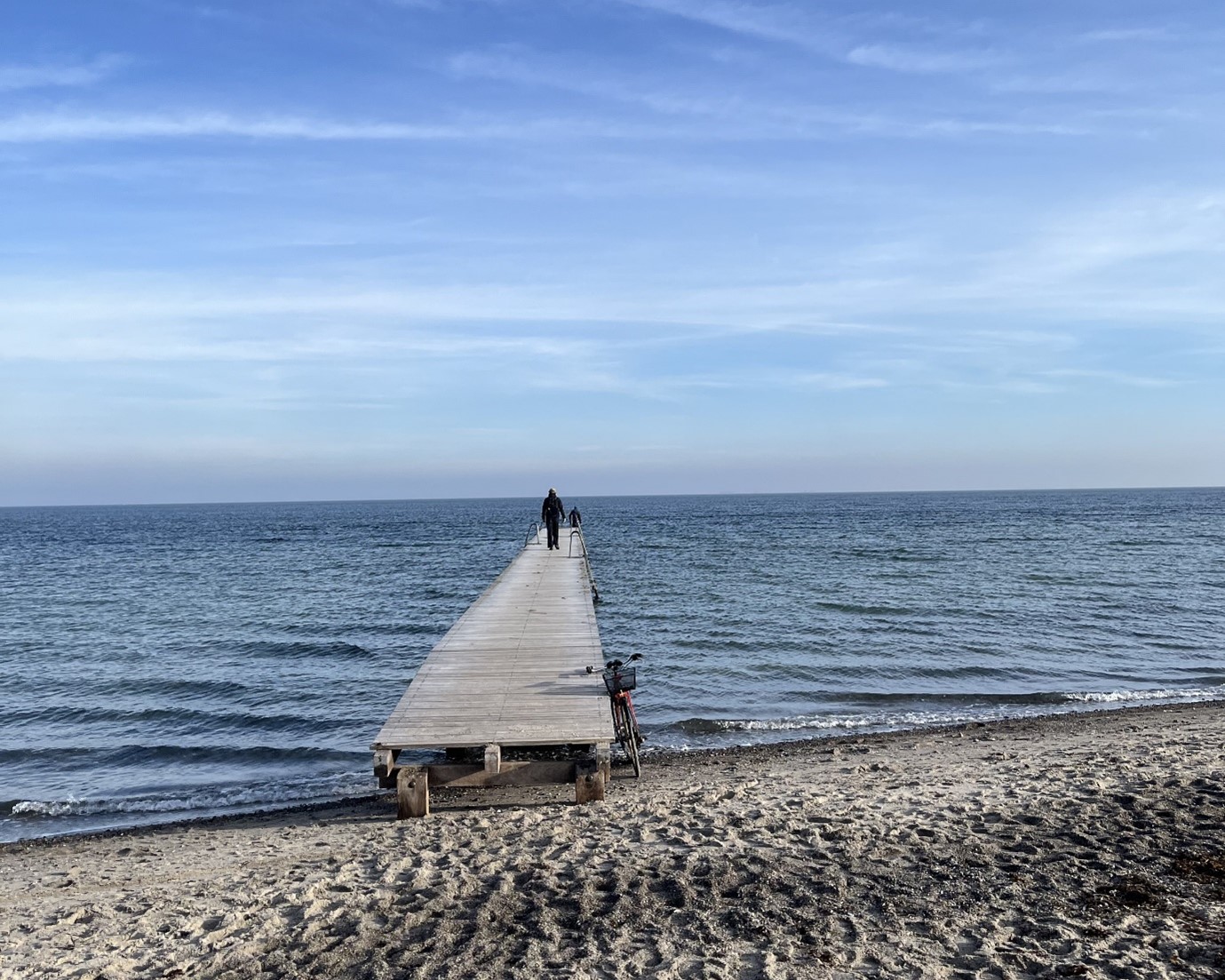Vera Spangler
Ethnography is a field-based research method that requires personal engagement. During ethnographic fieldwork, we as researchers are expected to immerse ourselves into a social context and become embedded in the world of our fieldsites – physically, intellectually, and emotionally. Ethnographic fieldwork is often portrayed as an exhilarating adventure, a journey into the heart of communities, where researchers immerse themselves in the everyday lives of their participants to gain deep insights and understanding. My PhD project is a cross-national study between the UK, Denmark, and Germany. It is anchored in ethnographic fieldwork in each location and uses different qualitative methods. I am staying for around 4 months in each country, following international master degree students at one university respectively. I have carefully designed and planned my study and have decided on specific participatory methods to collect the empirical material. Doing the fieldwork now, I apply these tools, but most intensely is, I feel, how my own body becomes the actual medium through which I live, store, and analyse emotions, experiences, and my participants’ narratives. While I feel excitement, joy, and curiosity, at times, I also feel shy, overwhelmed, tired and frustrated. I carry my participants’ stories as a knot in my stomach and walk their trajectories in my thoughts when lying in bed at night. Ethnographic fieldwork is a deeply embodied experience that involves not only physical presence but emotional responses and sensory perceptions.

I am naturally introspective and sensitive to my surroundings, immersing myself in the lives of my participants, the need to constantly be with people, establish rapport, navigate social interactions, and negotiate access often leaves me feeling emotionally exhausted and drained. I have to push myself to go over to groups of students, sit with them during project work, throw myself in the midst of everything. My inherent impulse, however, is to sit quietly in the corner and observe. Existing so much outside of myself feels unnatural, uncomfortable, and often amplifies conflicting feelings and vulnerability. I get angry and frustrated with myself and I kind of wish I was an extrovert. One afternoon during my fieldwork stay in Denmark, class ended, I walked out, entered the toilets, sat there and starting crying. I realised I could not listen to podcasts, read books, or meet my friends anymore; I was just so overstimulated and highly alert. I feel, particularly for introverted and sensitive individuals, doing ethnographic fieldwork can especially be overwhelming and challenging. While literature on ethnographic fieldwork abounds with the dynamics of participant observation, methodology, and ethics, the aspect of personality seems to be not frequently addressed. I think, however, that personality makes quite of a difference to the fieldwork experience, and I certainly find myself grappling with unique challenges that are not always acknowledged or understood within the academic discourse.
Conducting ethnographic fieldwork across three countries presents an exciting but challenging and intense experience. I navigate different social, cultural, linguistic, and geographical contexts, becoming part of new communities in each setting. As I move across places, through space and time, I carry the encounters from each fieldsite with me. Those memories, histories, and emotions are present realities in my body. While I negotiate and live a ‘here-and-now’, my body holds various ‘thens-and-theres’ which inform the relations to the people around me. In a more practical sense, I think as an international researcher, as a mobile body, I must critically reflect on who I am, who I am becoming, and who am I perceived to be in any given time-geography. I very much experience that my role is fluid and not static and a focus on embodied knowledge thus means to engage with my social identities, positionality and reflexivity in much more multidimensional ways. Considering the situatedness of the body in space and time is, I would thus say, central for comparative researchers working (and living) across places.
At its core, ethnographic fieldwork is an embodied practice where we engage with our surroundings and participants. Our bodies become instruments of inquiry to interpret nonverbal cues, sensing complexities, or navigating social interactions. Whether participating in classroom settings, coming along to pick up their children from kindergarten, or sharing a meal, I as the ethnographer inhabit the world of my participants in an actively engaged way, forging relational bonds and deep connections. The fear of missing out can be quite strong when doing fieldwork; you worry about missing something crucial when not being there all day, every day. Finding a balance between processing one’s emotions, being empathetic and caring for participants, while also taking time to breathe and take space for oneself, is crucial when doing ethnographic research. I am learning that this requires a mindful approach to self-care and boundary-setting, recognising the importance of both emotional engagement and personal well-being in the research process.
